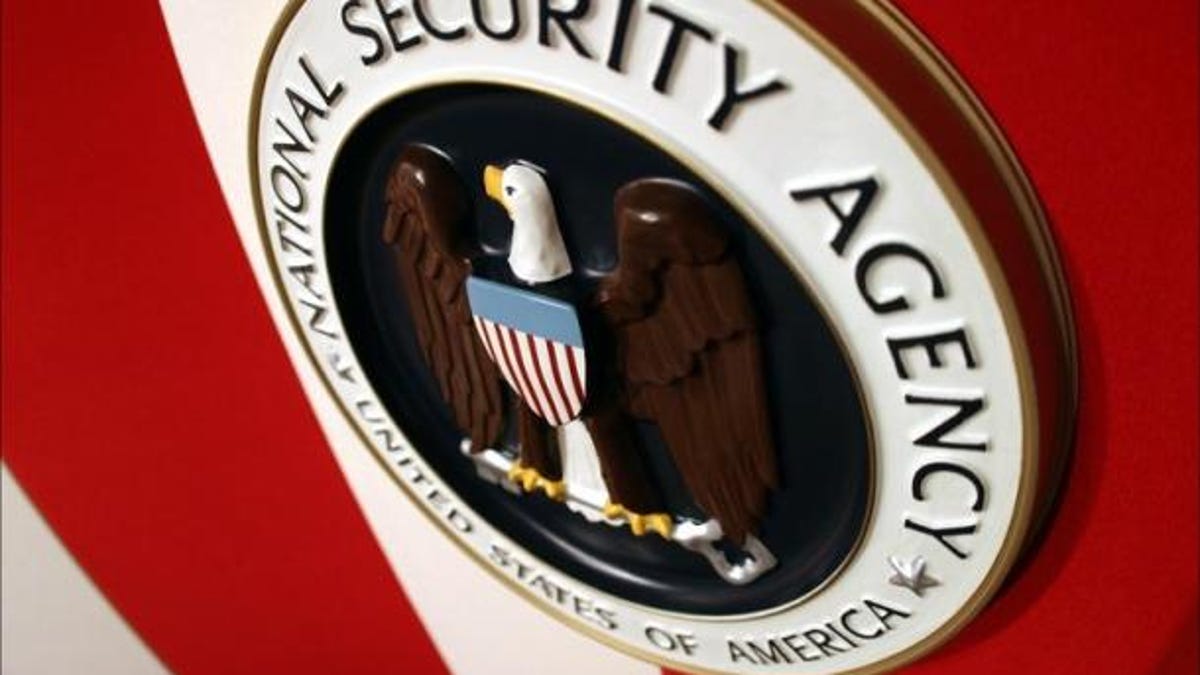NSA claims it 'touches' only 1.6 percent of Internet traffic
In an unsigned document, the agency says that its communications data collection is comparable in scope to a "dime on a basketball court."

Just hours after President Obama defended the National Security Agency's activities, the foreign surveillance agency released a document in which it claims to review only a small faction of Internet traffic on a daily basis.
In a seven-page paper released late Friday titled "The National Security Agency: Missions, Authorities, Oversight and Partnerships"(PDF), the agency asserts that the amount of data it collects from the global communications apparatus on a daily basis is comparable in size to a dime placed on a basketball court.
According to figures published by a major tech provider, the Internet carries 1,826 Petabytes of information per day. In its foreign intelligence mission, NSA touches about 1.6% of that. However, of the 1.6% of the data, only 0.025% is actually selected for review. The net effect is that NSA analysts look at 0.00004% of the world's traffic in conducting their mission -- that's less than one part in a million. Put another way, if a standard basketball court represented the global communications environment, NSA's total collection would be represented by an area smaller than a dime on that basketball court.
In the document, which is devoid of attribution or contact information, the NSA also denies using foreign intelligence partners to circumvent U.S. laws prohibiting certain activities.
"These partnerships are an important part of the US and allied defense against terrorists, cyber threat actors, and others who threaten our individual and collective security. Both parties to these relationships benefit," the document claims.
The document explains that while deconstructing surveillance of those behind the September 11, 2001, terrorist attacks, the NSA concluded that it "did not have the tools or the database to search to identify these [terorrist] connections and share them with the FBI."
While giving a general outline of how the agency collects and analyzes communications data, the document's prologue goes on to say it conducts its activities "while respecting privacy and civil liberties."
"We do not need to sacrifice civil liberties for the sake of national security; both are integral to who we are as Americans," the document states. "NSA can and will continue to conduct its operations in a manner that respects both."
The paper concludes by stating that in addition to their commitment to compliance safeguards, NSA personnel are obligated to report when they suspect the agency is not acting within the law or policy -- something it called "the culture and fabric of NSA."
The document was quietly released just hours after Obama defended the U.S. government's intelligence-gathering policies and outlined initiatives to assuage concerns among Americans and foreigners regarding the legality of U.S. surveillance activities. The president's remarks came on the same day the U.K. newspaper The Guardian, via a top-secret document that came from former National Security Agency system administrator Edward Snowden, confirmed prior reports that the U.S. government had created a secret backdoor, under a legal authority, that allows it to search for e-mails and phone calls of U.S. citizens without a warrant.

